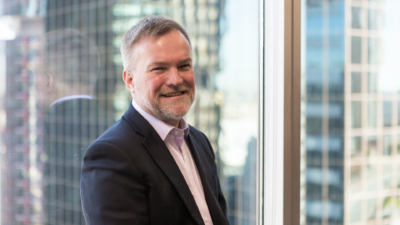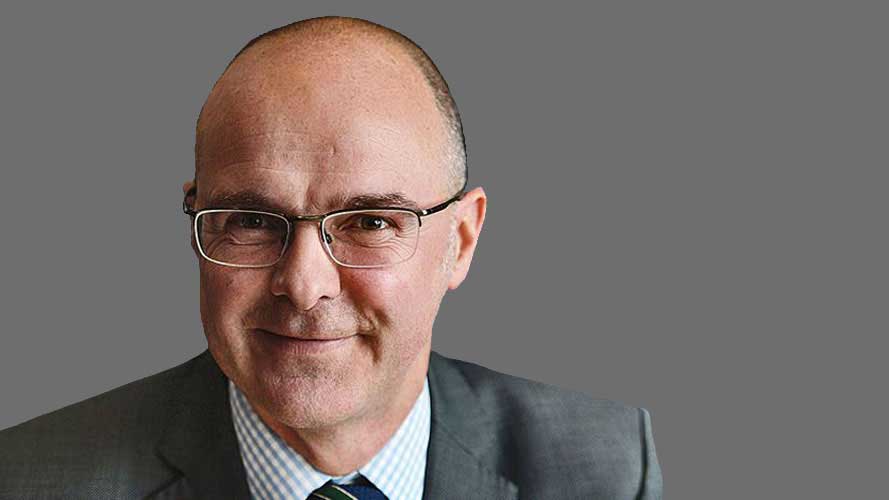… broadens research on climate impact
The main focus for ESG investors, as with many of world’s policy makers and influencers, over recent years has been on the ‘E’. The ‘S’, though, is far from forgotten.
The impact of climate change and the measures aimed at achieving net zero carbon emissions will also cause massive disruptions to societies as a whole, exacerbating some current inequalities and, probably, introducing some new ones.
It is perhaps fitting, then, that for first research report from Martin Currie’s new Martin Currie Research Institute (see separate report this edition) is part of a series of pieces already underway from the global equities manager, ‘Net Zero: Managing the Wider Impact of Economic and Capital Displacement’.
Martin Currie has a long history as an ESG investor, with principles integrated through the investment processes across strategies.
The latest research report is the fourth and final piece in a series on achieving net zero by 2050 in line with the targets of the Paris Agreement.
The report looks the importance of monitoring some of the wider societal changes that occur as a result of a significant economic reprofiling due to climate change.
“As investors, we can best oversee this through observing the wider sustainable development context of our investments, the behaviour of the companies in which we invest and fully incorporating the risks and opportunities associated with the green transition so that we can deliver returns for our clients alongside policy and advocacy work that supports a holistic approach to net zero,” the report notes.
Written by David Sheasby, Martin Currie’s head of stewardship and ESG, and John Gilmore, global equity portfolio manager/analyst dedicated to stewardship and ESG, the report says it is important that policy makers and investors tackle climate change issues holistically to ensure that the transition to a net-zero future happens fairly.
The International Energy Agency (IEA) recently published a report, ‘Net Zero by 2050’, which illustrates a potential roadmap for the global energy sector to reach net zero. This shows that in addition to the significant job-creation in areas such as wind, solar, carbon capture and electric vehicles, there are equally significant changes in the other direction for traditional fossil fuel producers.
“The reality is that we cannot simply focus on the positive aspects of the energy transition if we are to reach net zero,” the Martin Currie report says. “This will inevitably result in regional and sectoral shifts in the economy that may result in job losses, which although possible to mitigate at a macro level still come with significant community consequences.”
Martin Currie agrees with both the Grantham Institute and the European Bank of Reconstruction & Development which have said the key purpose of focussing on a “just transition” are:
- Broadening the understanding of systemic risks from climate change, by factoring in issues such as social exclusion and increasing inequality (Grantham Institute), and
- Ensuring that the substantial benefits of a green economy transition are shared widely, while also supporting those who stand to lose economically – be they countries, regions, industries, communities, workers or consumers ( EBR&D).
Martin Currie’s Sheasby and Gilmore say investors can do this by:
- Broadening the understanding of systemic risks from climate change, by factoring in issues such as social exclusion and increasing inequality.
- Reinvigorating fiduciary duty by better capturing the interrelated environmental and social drivers of long- term performance and by taking better account of beneficiary interests in sectors and regions affected by the transition.
- Recognising material value drivers in terms of corporate practices in the workplace and the broader social licence to operate; business performance will be increasingly conditioned by the just transition.
- Uncovering investment opportunities that combine climate and social goals such as inclusive growth, identified through the lens of the just transition, and
- Contributing to societal goals including existing responsibilities to respect international human rights and labour standards, as well as new ways of realising the UN’s Sustainable Development Goals.











